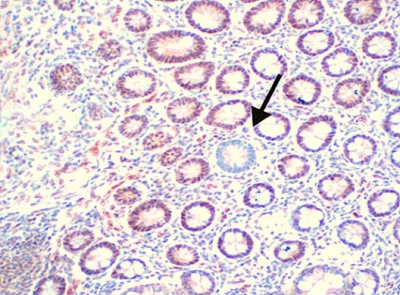NoPoLyS – Non-Polypous cancer in Lynch syndrome
To prevent cancer of the large bowel, Lynch syndrome patients undergo regular colonoscopic examinations. Although colonoscopy reduces bowel cancer risk and allows to detect it at an earlier stage, a significant number of Lynch syndrome patients still develop bowel cancer. We believe that these cancers, which occur in spite of regular surveillance, may develop from ‘invisible’, but already genetically altered lesions.
We apply state-of-the-art molecular technologies to characterize such pre-cancerous lesions which cannot be detected by colonoscopy. Our aim is to understand the precise sequence of genetic alterations in these cells. Only if we understand the key steps of transformation in MMR-deficient colon crypts, we will be able to design better strategies to more effectively prevent colon cancer in Lynch syndrome.
Prof. Hendrik Bläker, Charite Berlin, Germany
Prof. John Burn, Institute of Genetic Medicine, Newcastle University, UK
Prof. Dr. Gabriela Möslein, Helios Clinic Wuppertal, Germany
Prof. Jukka-Pekka Mecklin, Jyväskylä University, Finland
Prof. Pål Møller, Oslo University, Norway
Dr. Toni Seppälä, Helsinki University, Finland
Dr. Ian Frayling, University of Cardiff, UK
Richard Gallon, Institute of Genetic Medicine, Newcastle University, UK





